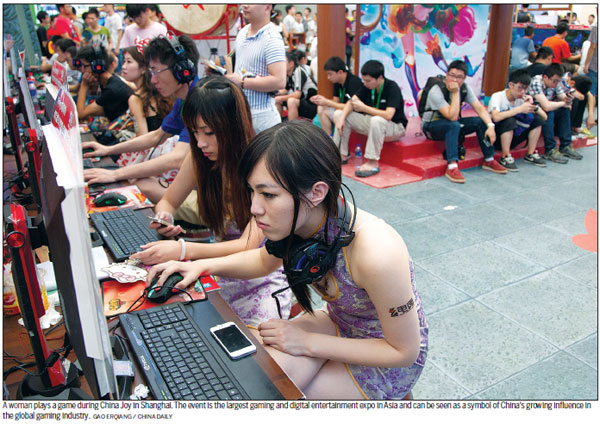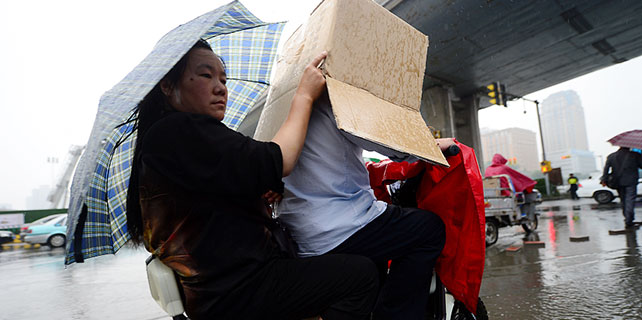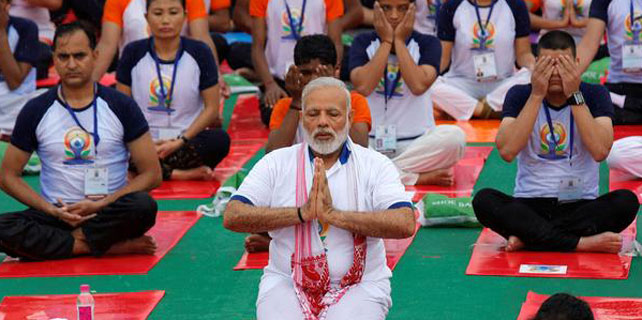Upping the game, on the world stage

Wary of putting all their eggs into one basket, many Chinese gaming companies today are looking to expand beyond China's shores to gain a piece of the global market share
The influence of China's gaming industry is growing, as evidenced by the presence of Chinese developers at the Apple Worldwide Developers Conference (WWDC) which took place from June 5 to 9 in San Jose, California.
Getting into the prestigious event is not easy - companies are either selected by Apple or are picked through a lucky draw. This year, at least three Shanghai-based game companies were in attendance. The price of attending the event as an audience member is also indicative of how high-end WWDC is. Each ticket costs $1,599.
Lilith Technology, known for its action card game Xiaobingbing Legend, was among the Chinese companies at the WWDC. According to Du Yi, the company's game developer, Lilith Technology has managed to stand out from its peers because of its commitment to exporting Chinese culture to the world.
"Game developers should have a sense of mission for creating games that can showcase a country's values. While Xiaobingbing Legend has made it to Apple's game rankings in many countries, our new game Sword and Homeland is more valuable in our opinion because it embodies the ideals of our team, which is to help the world better understand Chinese values," he said.
Zhang Mingjing, chairman of Shanghai Kumora Information Technology, another Chinese company that was at the WWDC, said that it was a great privilege to be invited. He added that the conference is an important platform for Chinese gaming startups looking to break into the global market.
"The overseas game market is comparatively more mature as users know exactly what kind of games they like to play. But exploring other markets does not mean that we are not coming back in China. We believe the Chinese domestic market will become fully mature in the coming three years. As such, the teams with overseas experiences will be able to seize market share more easily," he said.
According to a report released during last year's China Digital Entertainment Expo and Conference, also known as China Joy, overseas sales of mobile games developed by Chinese companies hit $4.65 billion in 2016, up 76.8 percent year-on-year.
In addition, mobile market monitor Newzoo discovered that China accounted for 17.4 percent of the $26.7 billion overseas mobile games market. In June, a report published by London-based venture capital firm Atomico stated that China has already overtaken the US as the world's gaming capital in terms of market size.
The leading industry players in China have also highlighted their ambitions in overseas markets with a number of high-profile acquisitions. Shenzhen-based Tencent Holdings bought over Finnish mobile game company Supercell, which is best-known for its highly popular game Clash of Clans, for $8.6 billion in June 2016. Later that year in August, a consortium led by Giant Network and YF Capital acquired Israeli online game developer Playtika for $4.4 billion.
According to market consultancy IDC, Chinese companies will maintain this growth momentum in 2017, especially since global social network platforms such as Facebook are looking to cooperate with Chinese game companies.
Moreover, the Google Developers platform was made available to Chinese developers in December, providing them with a larger set of tools to drive innovation and growth in the industry.
"For Chinese gaming companies, there will be little chance left for them if they only eye the domestic market. Globalization is the only way out," said Wang Feng, chief executive of Beijing-based online game developer Linekong Interactive Group.









